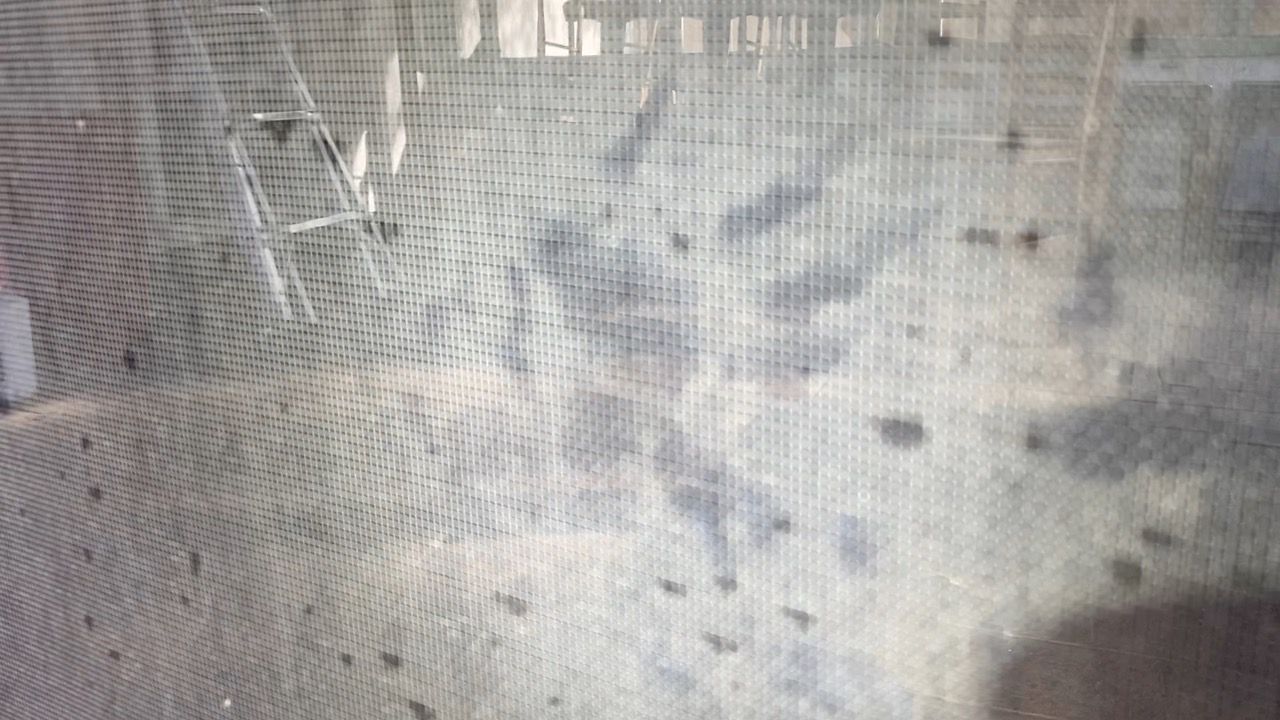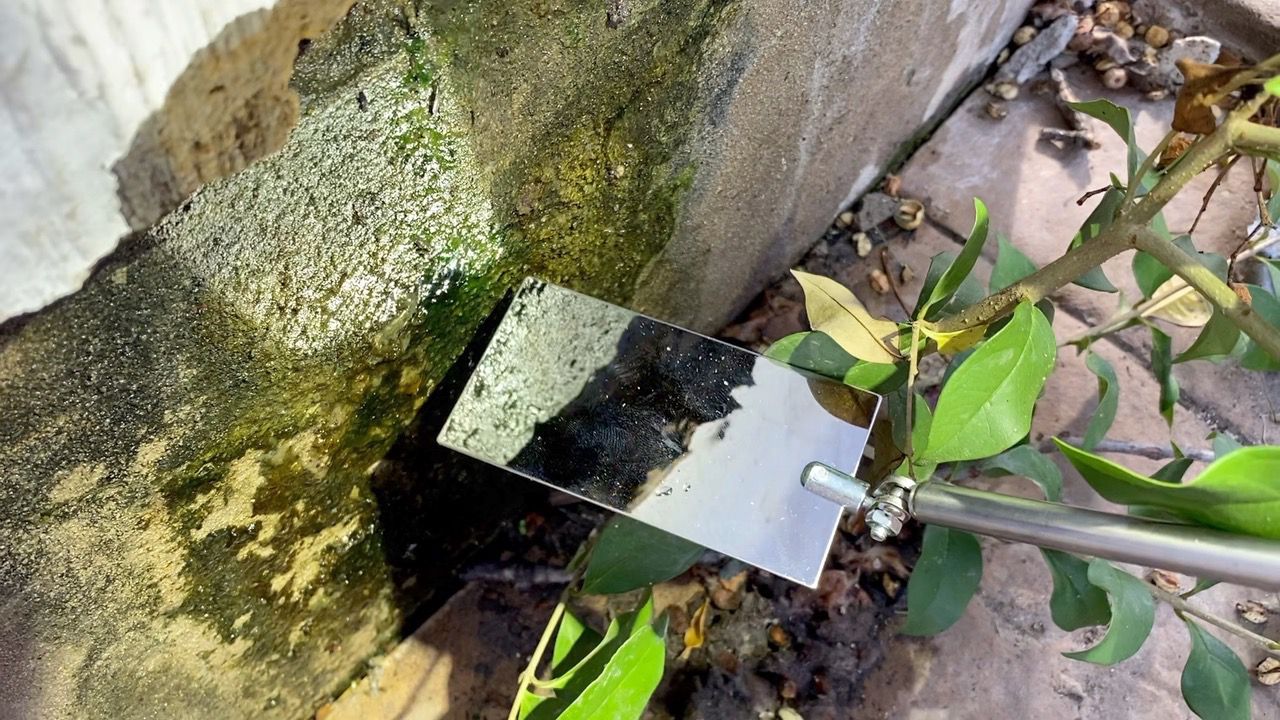AUSTIN, Texas — Manuel Ortiz has spent nearly two decades dealing with rodent problems for ABC Home & Commercial services.
"It feels really good to help someone out when they're dealing with something that threatens their way of living,” Ortiz said. "Right now we're looking for signs of activity, we're looking for droppings, we're looking for trails, even by being here, we're looking for smell."

The Central Texas operations manager says this summer has been among their busiest for calls regarding rodent exclusions.
"We've been very busy. We've seen on average between 13 to 20 rodent exclusion jobs (per day),” Ortiz said.
Drought conditions, habitat loss and population growth have all led to these increased encounters with rats, raccoons, ring tails and other unruly tenants.

"A good source of food, water, harbourage, if you offer that to them, you have yourself some new houseguests,” Ortiz said.
University of Texas professor and biologist David Hillis says to combat a potential growing concern, mankind has to avoid its own animal instincts.
"We're actually causing those problems of big increases of those animals,” Hillis said. "You don't want to just be providing food because you'll be artificially increasing those populations and then of course they'll need to find shelter and that's likely going to be your house."

Many of these rodents can be aggressive and carry diseases like rabies, so if you run into any issues, let the experts escort them out.
"A lot of people want to go out and trap, get rid of them themselves,” Ortiz said. "It's always best to call a professional.”



